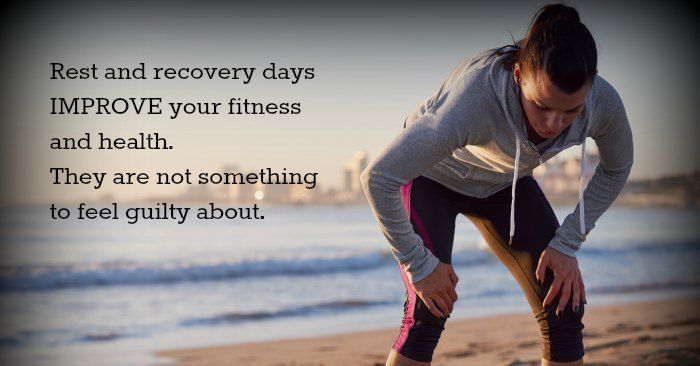
In today’s fast-paced world, people often prioritize work, fitness, and various activities over rest and recovery. However, what many fail to recognize is that rest and recovery are crucial for the overall well-being and optimal functioning of the body. While rest includes getting adequate sleep and taking time off from physical exertion, recovery nutrition plays a significant role in repairing and rebuilding the body’s tissues after intense workouts or periods of high stress. This article explores the importance of rest and recovery nutrition and the positive impact it can have on one’s physical and mental health.
The Role of Rest and Recovery
Rest and recovery are essential for the body to repair itself, both physically and mentally. During restful periods, the body can replenish energy stores, repair damaged tissues, and strengthen muscles. Adequate rest also allows the brain to recharge, enhance cognitive functions, and improve overall mental well-being.
Nutrition and Recovery
Proper nutrition is crucial for maximizing the benefits of rest and recovery. Consuming a well-balanced diet that includes the right macronutrients and micronutrients helps replenish glycogen stores, repair muscles, and reduce inflammation. Here are some key components of an effective recovery nutrition plan:
Hydration
Staying hydrated is fundamental for optimal recovery. Water and electrolytes lost during physical activity need to be replenished to maintain proper cellular function and support muscle repair. Drinking enough fluids throughout the day, especially during and after exercise, is vital.
Protein
Protein is essential for repairing and rebuilding muscles. Consuming an adequate amount of protein after workouts or periods of physical exertion helps stimulate muscle protein synthesis and supports muscle recovery. Good sources of protein include lean meats, fish, eggs, dairy products, legumes, and plant-based alternatives like tofu or tempeh.
Carbohydrates
Carbohydrates are the primary fuel source for physical activity, and replenishing glycogen stores is crucial for optimal recovery. Including complex carbohydrates like whole grains, fruits, and vegetables in the diet helps provide the energy needed for muscle repair and reduces the risk of muscle fatigue.
Healthy Fats
While fats have received a bad reputation in the past, healthy fats play a vital role in overall health and recovery. Omega-3 fatty acids, found in fatty fish, nuts, and seeds, possess anti-inflammatory properties that aid in reducing exercise-induced inflammation and promoting muscle healing.
Timing is Key
In addition to consuming the right nutrients, timing plays a critical role in maximizing the benefits of recovery nutrition. The body is most receptive to nutrient absorption within the first hour after exercise. This period, known as the “glycogen window,” offers an optimal opportunity to replenish glycogen stores and kick-start the recovery process. Consuming a post-workout meal or snack containing a combination of protein and carbohydrates within this window can significantly enhance recovery and muscle repair.
Conclusion
Rest and recovery nutrition are vital components of a well-rounded approach to health. Prioritizing adequate rest, quality sleep, and implementing a proper recovery nutrition plan can lead to improved physical performance, reduced risk of injuries, enhanced mental well-being, and long-term overall health. Remember, investing time in rest and recovery is not a sign of weakness but rather a strategic approach to unleash your full potential and achieve optimal wellness.

